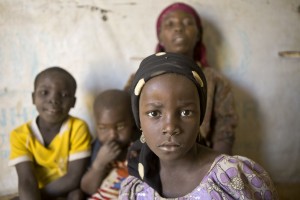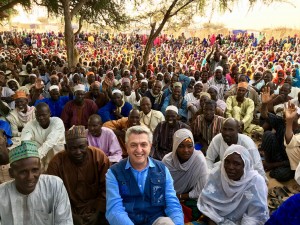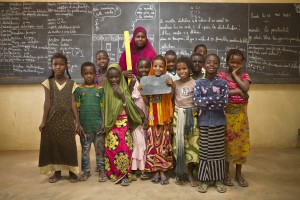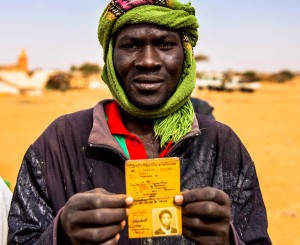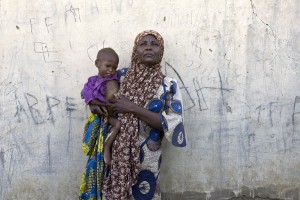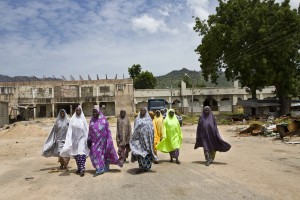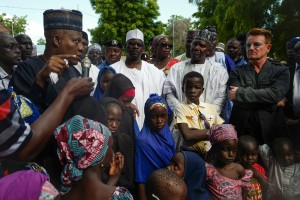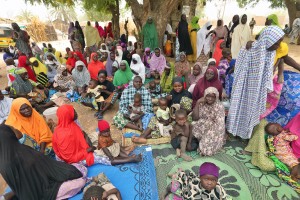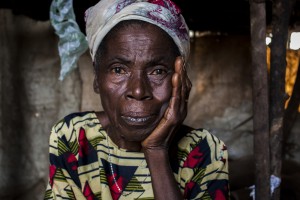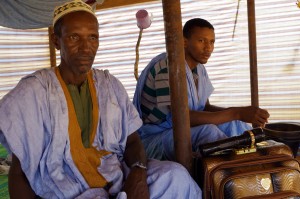UNHCR condemns violence against civilians in CAR
Clashes between rival militias have forced thousands to flee and disrupted vital humanitarian operations.
BANGUI, CENTRAL AFRICAN REPUBLIC (UNHCR) – UNHCR, the UN Refugee Agency, has condemned attacks on civilians in the Central African Republic, where clashes between rival groups have forced thousands of people to flee their homes and disrupted vital humanitarian aid operations. Fighting in the past month between ex-Seleka militiamen and anti-Balaka fighters has affected western, eastern and central parts of the country and the capital Bangui, according to the UN peacekeeping mission (MINUSCA).
It said at least 11 people were killed and 22 wounded in clashes that followed the murder of an army officer on October 4. Then on Wednesday this week, armed men attacked a site for internally displaced in the remote town of Kaga Bandoro, in Nana-Grebizi prefecture, torching homes, killing 13 civilians and forcing some 5,250 people to flee and seek shelter at the camp of the UN peacekeeping mission or with aid agencies.
“We firmly condemn the attack on the Evêché site and other attacks against the civilian population,” said Kouassi Lazare Etien, UNHCR’s representative in CAR. “These attacks greatly hamper the delivery of humanitarian aid to populations greatly in need of assistance.”
MINUSCA also said that in a further incident of violence in the northwest on Tuesday 30 people sought refuge in Cambatt camp at the south entrance of Koui town, while another 130 sought refuge in Gabbatt camp to the north.
“UNHCR strongly condemns attacks against civilians which severely hamper the provision of urgently needed humanitarian assistance to populations in need,” said Kouassi Lazare Etien. “Armed group activities engender insecurity and provoke population movements. Displaced people are perpetually in urgent need of food, basic household items, medicine and access to education.”
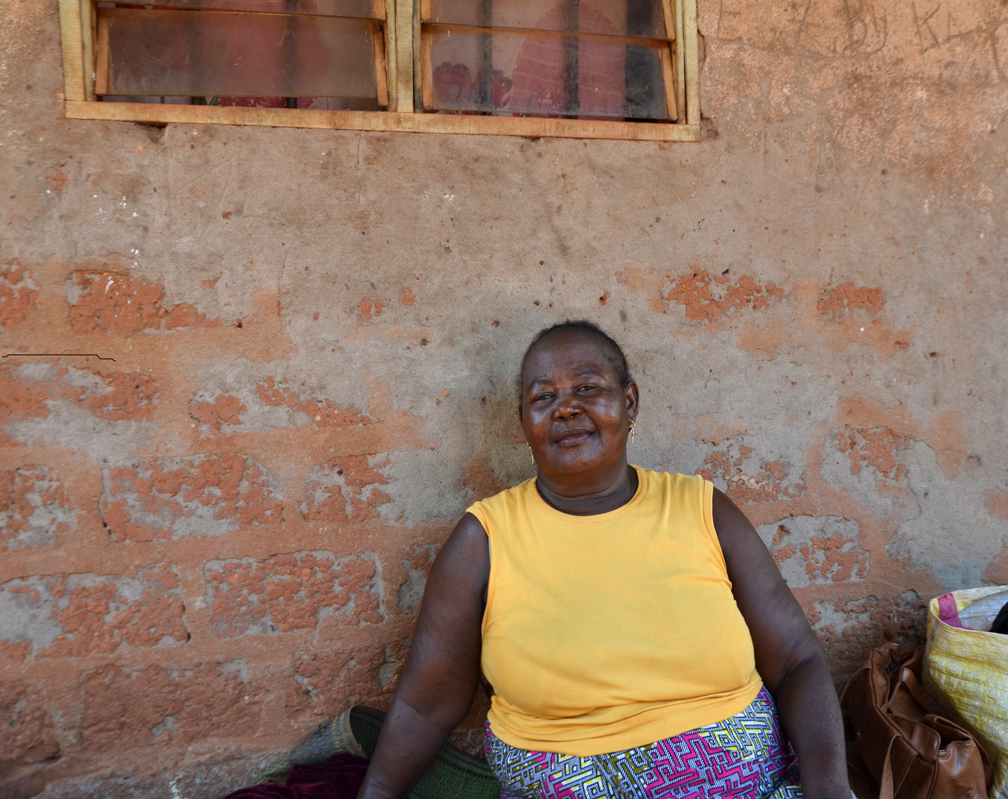
60-year old Delia Kongboh has been displaced since violence broke out in Bangui in October 2016. © UNHCR / Patience Ntemgwa
The UN Refugee Agency said it was particularly alarmed by growing insecurity in the eastern prefecture of Haut-Mboumou, home to 2,748 Congolese refugees in Zemio, another 1,057 Congolese who have settled in Obo as well as 4,222 South Sudanese refugees in Bambouti. On September 19, attacks by the Lord’s Resistance Army in Tabane 1 village, 20 kilometres from Zemio, led to the displacement of about 700 people and prompted UNHCR to decide to speed up the relocation of the South Sudanese refugees from Bambouti to Obo. There, they are able to receive protection and assistance in health, education, shelter, water, sanitation, hygiene, and food and non-food aid.
Several humanitarian properties and convoys in the centre and north of the country were targeted by armed robbers. This, as well as clashes on September 16 between ex-Seleka and anti-Balaka elements in Ndomete, Nana-Grebizi prefecture, caused more than 3,200 people to flee into the bush and to nearby villages.
Despite reinforcement by the UN peacekeeping mission, armed groups have continued to set up illegal checkpoints and demand money from traders in the town of Kaga-Bandoro in Nana-Grebizi prefecture, forcing up prices of local commodities and disrupting the movement of humanitarian convoys.
“The growing insecurity is causing many organizations to leave or reduce their presence”.
On September 21, an attack by the armed group 3R (Retour, Reclamation et Réhabilitation) on Degaulle town in Ouham-Pende prefecture in the northwest led to the flight of an estimated 3,400 families towards Bocaranga and surrounding villages. The growing insecurity is causing many organizations to leave or reduce their presence. Two UNHCR partners have cut their staff or suspended monitoring activities in the west of the country.
In Bocaranga, four humanitarian organisations have closed their bases or suspended their activities and two others have evacuated their staff, to Paoua in Ouham-Pende prefecture, or to Bangui. One of UNHCR’s partners has reduced its staff on the ground for security reasons. Because of the insecurity, UNHCR’s response has been confined to protection monitoring, participating in food distribution to internally displaced people, and coordinating protection and shelter for the newly displaced populations.
A UNHCR-operated call centre in Ndomete, Nana-Grebizi prefecture, provides care to individuals who have suffered from gender-based violence, and helps in the tracing of unaccompanied children. Displaced people are in urgent need of food, basic household items, medicine and access to schools. Armed groups have occupied schools in some parts of the country, preventing classes from taking place. Food prices are rising and basic commodities are quickly disappearing from the market. The 2016-2017 academic year has been interrupted by the presence of armed groups in and near dozens of schools and colleges in Ouham, Ouaka and Nana-Mambere prefectures, preventing more than 10,000 children from continuing their education.

